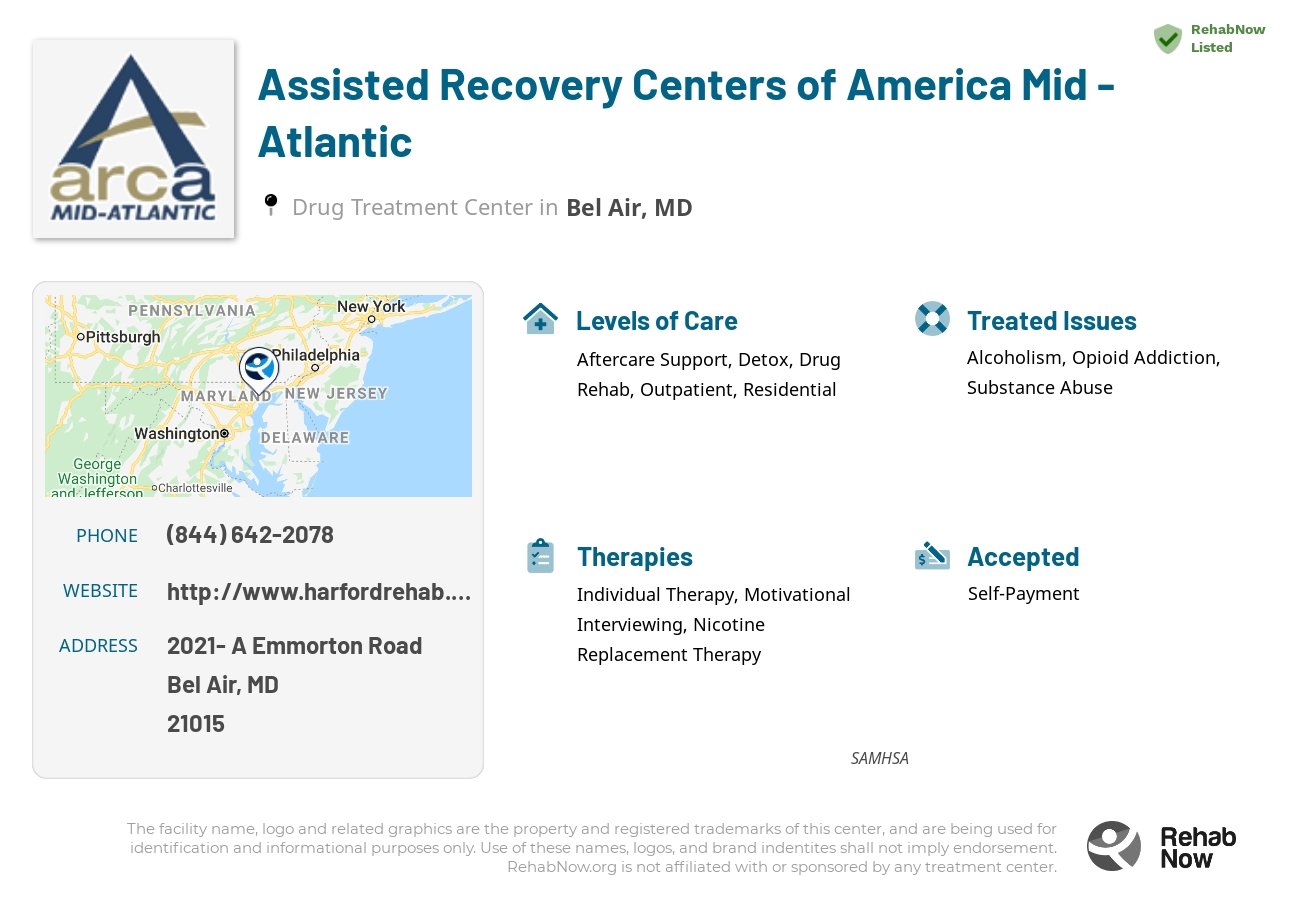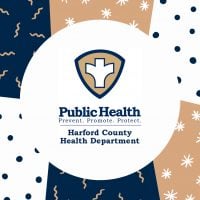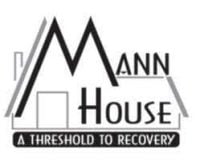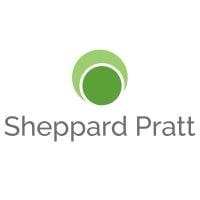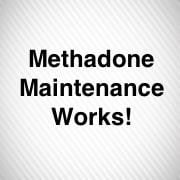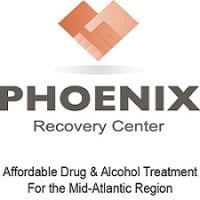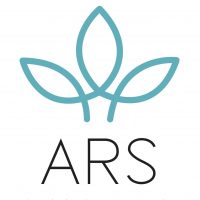Assisted Recovery Centers of America Mid - Atlantic
Drug Rehab Center in Bel Air, Maryland
Assisted Recovery Centers of America Mid-Atlantic provides an individualized and accredited approach to drug rehab services and treatment, offering aftercare support, detox, and residential and outpatient programs.
About This Maryland Facility
Assisted Recovery Centers of America Mid-Atlantic, located in Bel Air, MD, focuses on providing individuals struggling with opioid addiction a path to recovery. Renowned for its specialized approach in medication-assisted treatment, this private, traditional rehab stands out for its dedication to offering confidential, dignified care. Its mission is centered around facilitating a convenient treatment process that addresses the complexities of drug addiction comprehensively.
This facility is acclaimed for its credentials with accreditation by the Joint Commission and licensing through the Maryland Department of Health and Mental Hygiene. The experienced staff at Assisted Recovery Centers of America Mid-Atlantic blend medical, psychological, and spiritual care into customized treatment plans. Their comprehensive approach ensures that each patient receives targeted support to overcome addiction.
- Medication-Assisted Treatment: A cornerstone of their opioid addiction recovery approach, highlighting their specialization in managing withdrawal symptoms effectively.
- Accredited and Licensed: Meets high standards of care as evidenced by its Joint Commission accreditation and Maryland Department licensing.
- Holistic and Individualized Care: Offers a blend of medical, psychological, and spiritual support tailored to each individual’s needs.
The center treats opioid addiction through various methods, including medication-assisted treatment, counseling, and holistic therapies. They offer a spectrum of care levels, addressing specific needs from detoxification to long-term recovery planning. With programs also available for co-occurring mental health issues like depression and anxiety, patients receive comprehensive support tailored to their journey toward sobriety.
Genders
Ages
Modality
Additional
Accreditations
SAMHSA
Conditions and Issues Treated
Substance Abuse Treatment is important when getting sober, as it helps addicts learn the skills they need to live a clean life. There are many different kinds of recovery treatment, including medication-assisted therapy, behavioral therapeutic approaches and self-help groups, as well as counseling.
Opioid abuse has become a national epidemic in the last decade. The US has one of the world’s highest rates of opioid use and abuse, as well as opioid-related deaths. Opioids are classified as Schedule II-IV controlled substances in the US due to their high potential for abuse.
Oxycodone, hydrocodone, methadone, and fentanyl are the most common Opioids and are commonly prescribed to treat pain. Tolerance to opioids develops over time, making life difficult, if not impossible, without them. Opioid users often obtain the drugs illegally. They can be drug dealers, friends, or family members who do not have valid prescriptions.
The desire for a more intense high than prescription opioids can quickly lead to heroin use. Heroin users are more prone to illness and death due to the high risk of overdose.
Many opioid addicts who seek treatment believe that the only way to overcome their addiction is through medical detox and long-term drug addiction rehab. To help patients wean off their addiction and reduce the risk of overdose, medication-assisted therapy (MAT) involves prescribing a replacement opioid. Doctors use MAT in conjunction with other anti-craving medications to help patients maintain recovery. Due to the high risk of relapse, MAT is often combined with individual and group counseling and social support programs.
Levels of Care Offered at Assisted Recovery Centers of America Mid - Atlantic
This center offers a variety of custom treatment tailored to individual recovery. Currently available are Aftercare Support, Detox, Drug Rehab, Outpatient, Residential, with additional therapies available as listed below.
The detoxification process typically includes some combination of the following: medical supervision, medication to help alleviate withdrawal symptoms, drug testing to monitor progress, and counseling.
Tackling the physical symptoms of withdrawal is essential to ensure that an individual can focus on the psychological aspects of the addiction without focusing on the physical pain that comes with withdrawal.
Withdrawal symptoms can be uncomfortable, even life-threatening, so carefully managing the detox process is extremely important. In many cases, more advanced pharmaceutical interventions are used to treat more severe withdrawal symptoms. Medication might help alleviate discomfort associated with detox, including nausea and headaches.
An outpatient treatment program is set up to help with alcohol or drug addiction or a co-occurring disorder. The patient must attend the facility for their therapy and other programs but can return home each night.
The frequency of mandatory attendance decreases after much of Assisted Recovery Centers of America Mid - Atlantic‘s program is complete.
Outpatient treatment is a recovery approach that allows recovering addicts to live at home while getting rehab for addiction
An outpatient can include day treatments which include attending group sessions one hour per week. A person living in an outpatient environment may be allowed the opportunity to work full time if they choose to and continue studies without interruption from drugs/alcohol.
Outpatient treatment is an option for people who want to maintain their careers and families. Outpatients live at home but attend treatment such as individual counseling, group counseling, or twelve-step meetings during the day.
Residential treatment programs are those that offer housing and meals in addition to substance abuse treatment. Rehab facilities that offer residential treatment allow patients to focus solely on recovery, in an environment totally separate from their lives. Some rehab centers specialize in short-term residential treatment (a few days to a week or two), while others solely provide treatment on a long-term basis (several weeks to months). Some offer both, and tailor treatment to the patient’s individual requirements.
Aftercare support is vital to the success of someone in drug or alcohol treatment. It involves assisting with entering a sober living home, getting career counseling or educational assistance and even getting the individual lined up with programs like AA and NA. This support helps recovering addicts readjust to normal day-to-day activities and maintain sobriety.
When a person is in drug or alcohol treatment, they have to increase their focus on themselves. They need to learn how to recognize the triggers that cause them to relapse and learn the habits that would benefit them if they were to be sober. This is all part of the growth in recovery, and aftercare is essential to that process.
Therapies & Programs
At Assisted Recovery Centers of America Mid - Atlantic , to learn from past mistakes and improve one’s situation, the recovering person meets individually with a therapist. The counselor or therapist will address addiction causes, triggers, mental issues, dual diagnosis, and aftercare plans during this time. This is a very intense and challenging process. Some clients find it easier to open up to someone other than family or friends who understand their struggles with addiction.
Cognitive Behavioral Therapy (CBT) is based on the idea that how we feel, think and act all interact together. It helps people explore their thoughts for problems (or false beliefs) that influence their mood and actions. CBT is very goal-oriented, which means that the therapist and patient work together on a specific problem. In addition to helping a client focus on thoughts that can be changed, CBT also allows them to take an active role in their treatment. Our thoughts determine our feelings and behaviors; our feelings affect our thoughts, and our behaviors change our thoughts and feelings.
Payment Options Accepted
For specific insurance or payment methods please contact us.
Additional Details
Specifics, location, and helpful extra information.
Bel Air, Maryland 21015 Phone Number(844) 642-2078 Meta DetailsUpdated April 15, 2024
Staff Verified
Patient Reviews
There are no reviews yet. Be the first one to write one.
Bel Air, Maryland Addiction Information
For the past decade, Maryland's rate of drug use and abuse has significantly increased. The overdose rate is currently higher than the national average. This epidemic is due to the many industries where manual labor is required. As soon as prescription opioids were more readily accessible a large part of manual workers started using–and eventually abusing–the painkillers.
The drug addiction problem in Bel Air, MD, is relatively bad. There were over 9,000 admissions to drug and alcohol treatment centers in 2009. Of these admissions, almost 60% were for alcohol abuse, and more than 30% were for drug abuse. The most common drugs of abuse among those admitted to treatment were heroin, marijuana, and cocaine. Relapses are common among people attempting to return to sobriety in Bel Air.
Treatment in Nearby Cities
- Prince Frederick, MD (67.9 mi.)
- Earleville, MD (22.6 mi.)
- Jessup, MD (34.2 mi.)
- Columbia, MD (35.3 mi.)
- Essex, MD (15.5 mi.)
Centers near Assisted Recovery Centers of America Mid - Atlantic
The facility name, logo and brand are the property and registered trademarks of Assisted Recovery Centers of America Mid - Atlantic, and are being used for identification and informational purposes only. Use of these names, logos and brands shall not imply endorsement. RehabNow.org is not affiliated with or sponsored by Assisted Recovery Centers of America Mid - Atlantic.



